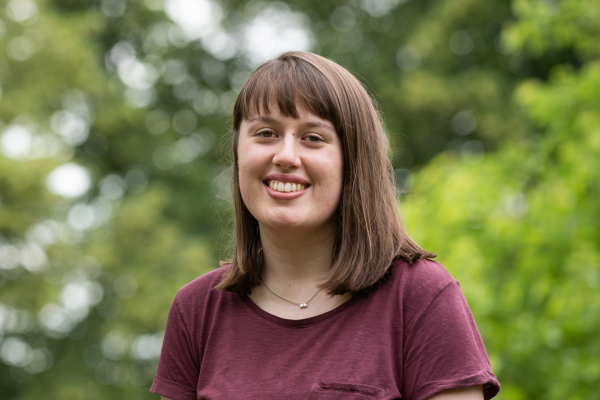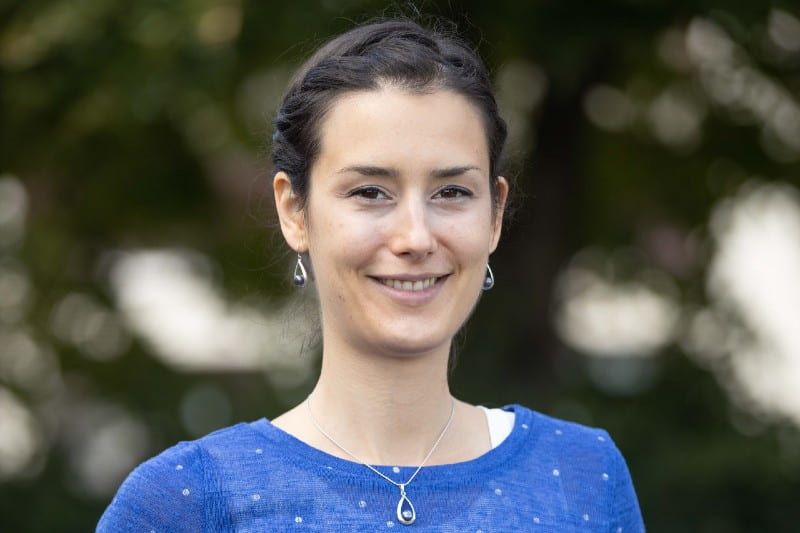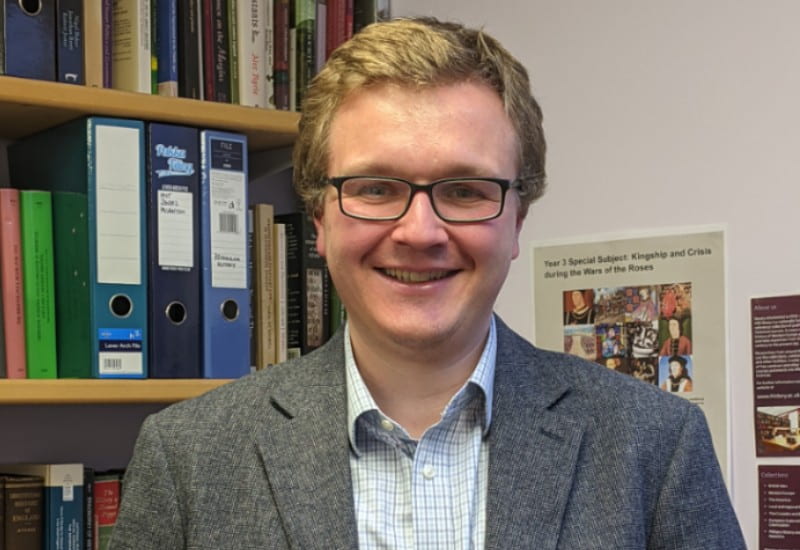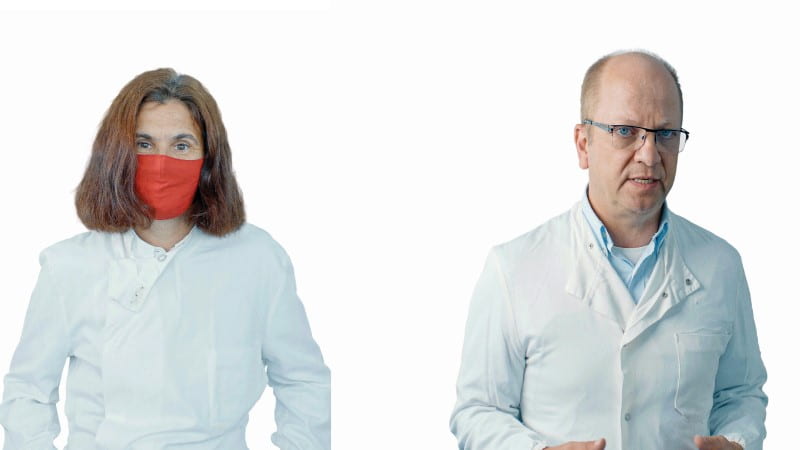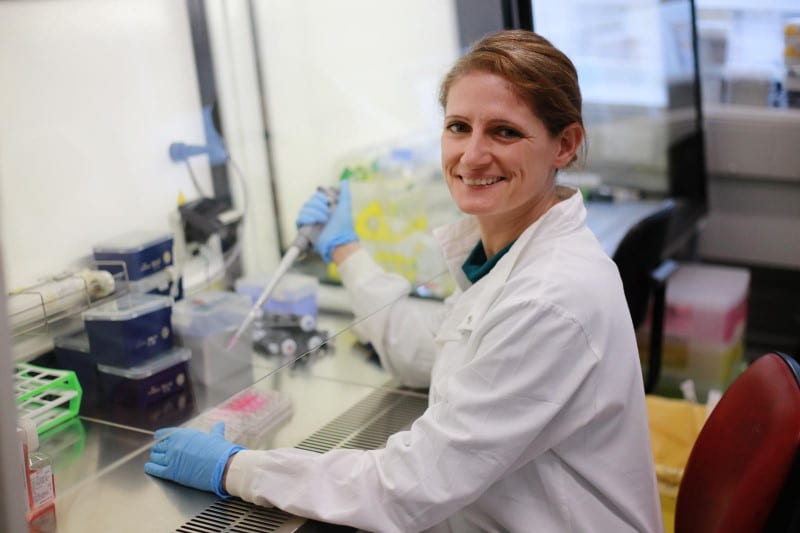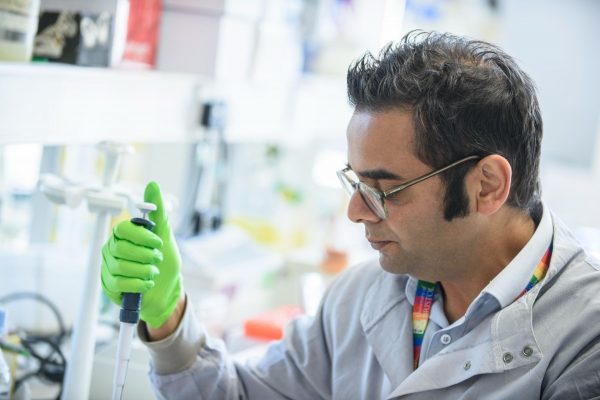
Research led by Dr Anu Goenka has shown how babies are protected from severe COVID-19 infections.
As a Clinical Lecturer in Paediatric Infectious Diseases and Immunology, much of my clinical and research work is carried out in the Bristol Royal Hospital for Children. When the COVID-19 pandemic hit, we weren’t sure how the disease would impact the young children and infants in our care.
Babies are very vulnerable to other respiratory viruses, such as the flu and RSV (respiratory syncytial virus), so initially we thought that they may also be susceptible to severe COVID-19. It soon became apparent, however, that the four babies at our hospital who had tested positive for coronavirus were only mildly affected by the disease, with all of them recovering after just a few days. (more…)

